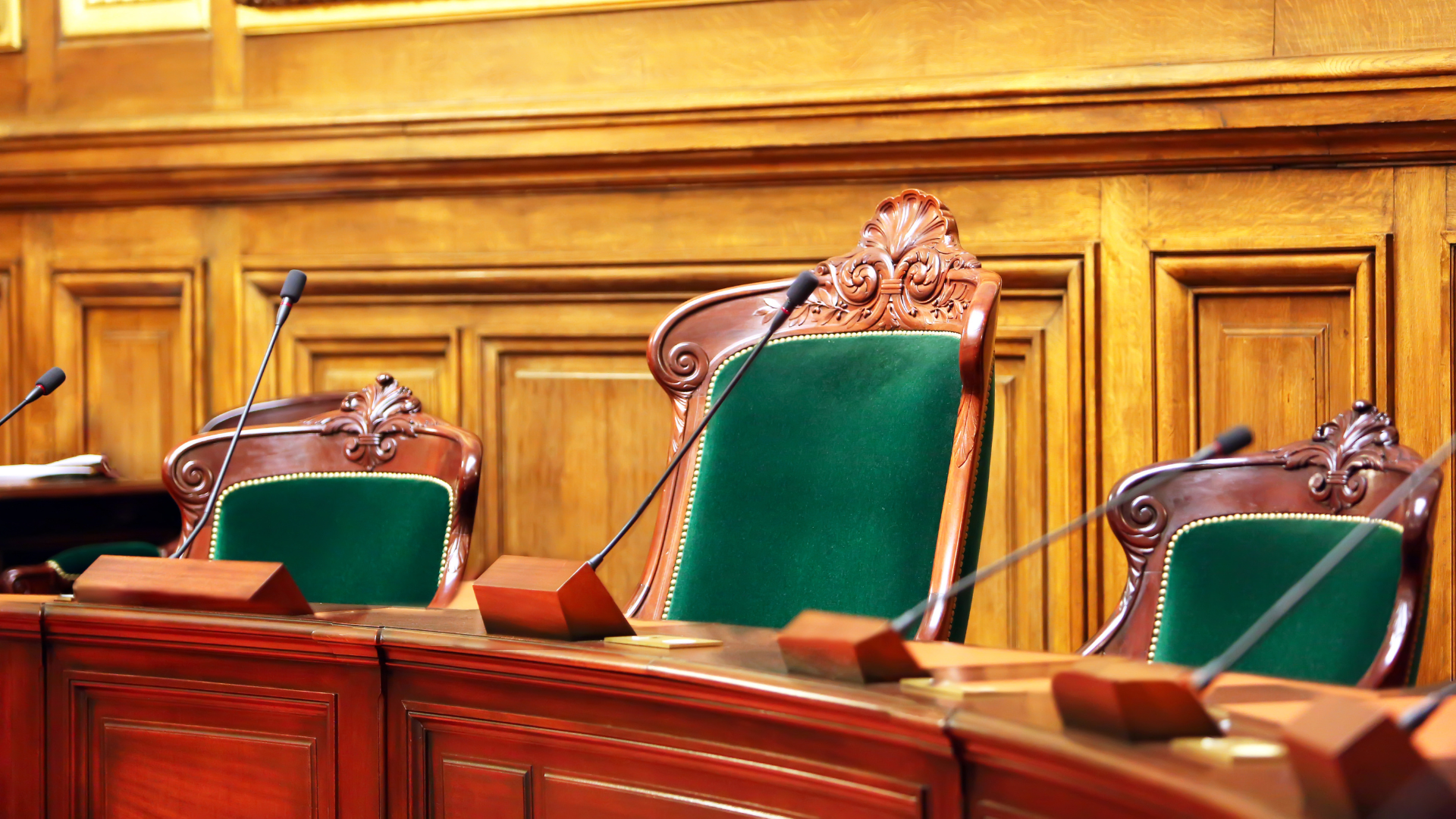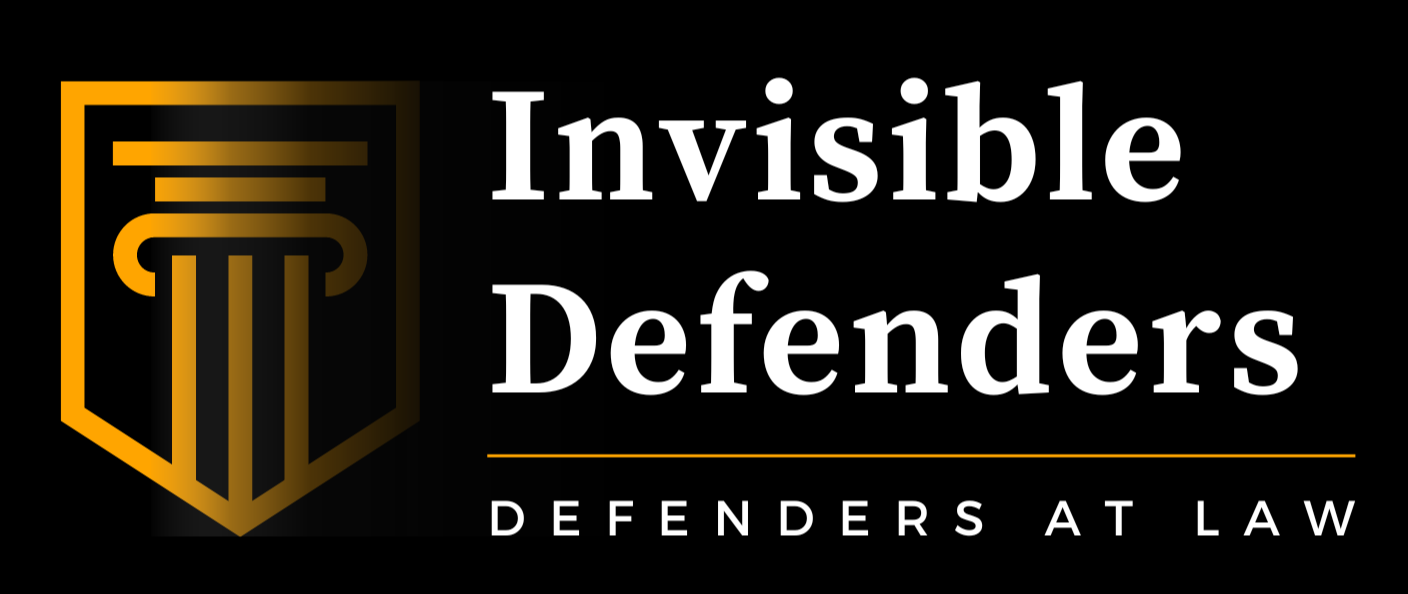
The public tends to see the court system as a major, slow-moving beast; a cold, heartless machine.
In reality, the courts are run on a much smaller scale and can be far more personal than one may anticipate. This piece will explore the process of how a court hearing works from the perspective of somebody who has been through it.
If you’re in a lawsuit, your case may end up going to court. A trial is when you and the other party (or parties) both appear before a judge and the judge makes a decision about who wins and who loses.
What is a Court Hearing?
A court hearing is a formal meeting between the parties involved in a dispute, usually to determine a legal outcome. The parties may be the plaintiff and the defendant, or another party with an interest in the case. It typically includes a presentation of evidence by both sides, a ruling by the judge, and a possible resolution of the case.
In a situation where a lender wants to take back a car from its owner because they haven’t paid, there might be a court hearing to decide if the lender can do that. The car owner can hire a well-known Massachusetts Repossession attorney (or a similar expert nearby), to help them argue against the repossession. During the hearing, they’d show things like payment records and loan agreements to support their case. Then, the judge would make a decision based on what’s fair and legal.
In most courts, hearings are conducted in a formal setting under the supervision of a judge. The parties present evidence and make arguments in an attempt to reach a resolution of their dispute. If the dispute cannot be resolved at the hearing, the judge may issue a decision that either upholds or rejects the parties’ claims.
How Does the Process Work?
When someone is accused of a crime, the criminal justice system will take action. This can include filing a police report, getting an arrest warrant, and/or issuing a summons to appear in court.
Once an individual has been formally charged with a crime, the next step is to hire a competent defense lawyer, like Attorney Jack B. Carroll (or a similarly reputed professional) to represent them in court. After this, a court hearing will take place. A court hearing is where the accused will have their case heard by a judge or jury. This can involve answering questions about the charges against them and presenting evidence to support their defense.
If the accused is found guilty at the court hearing, they may be sentenced to jail time, fined, or both. Additionally, if the accused is found guilty of a more serious offense, they may face additional penalties such as probation or parole.
The Judge’s Role in a Court Hearing
The judge’s role in a court hearing is to preside over the proceedings and make sure that the rules of evidence are followed. The judge also has the power to determine whether or not a trial will take place and can issue orders related to the case.
He ensures that the proceedings are conducted fairly and decides what is best for the parties involved. The judge will often ask questions to get a better understanding of what is happening and will make rulings based on the information they have at hand.
Getting Through Court Hearings
Court hearings can be a confusing and overwhelming experience, but with a little preparation and some common sense, they can be more manageable.
Before you go to court, you should have an idea of what the hearing is about. If you don’t know, ask the court clerk or lawyer representing the other side. The hearing may be about a civil matter such as a lawsuit or divorce, or it may be part of criminal proceedings such as a criminal trial.
If the hearing is about a criminal matter, you should expect to be questioned by the prosecutor and/or the defense lawyer. You may also be required to take a lie detector test or provide evidence in support of your claim.
If the hearing is about a civil matter, you will most likely only need to show up to answer questions from the judge. If you have additional evidence or want to present your case in person, you can bring that information with you to court.
Preparing for Your Court Hearing
Before going to court, make sure you have all of the documents related to your case. This includes your arrest report, any plea agreements, and any correspondence between the prosecutor and defense attorneys as well as any witnesses who can testify.
Try to get a copy of your criminal record. This will help you know what evidence the prosecutor may be able to use at the hearing.
Arrive early to your court hearing. This will give you time to read through the documents, ask questions of the prosecutor and defense attorneys, and prepare your statement.
Be respectful to all of the people involved in your case – including the judge, prosecutor, defense attorneys, and police officers.
If you are involved in a legal dispute, whether it be with your spouse, business partner, or loved one, you need to understand the court hearings process. This article will outline the basics of what will take place during hearings and how you can prepare for them. By understanding the steps that are involved in a typical court hearing, you can better protect your rights and ensure that fair decisions are made on your behalf.
